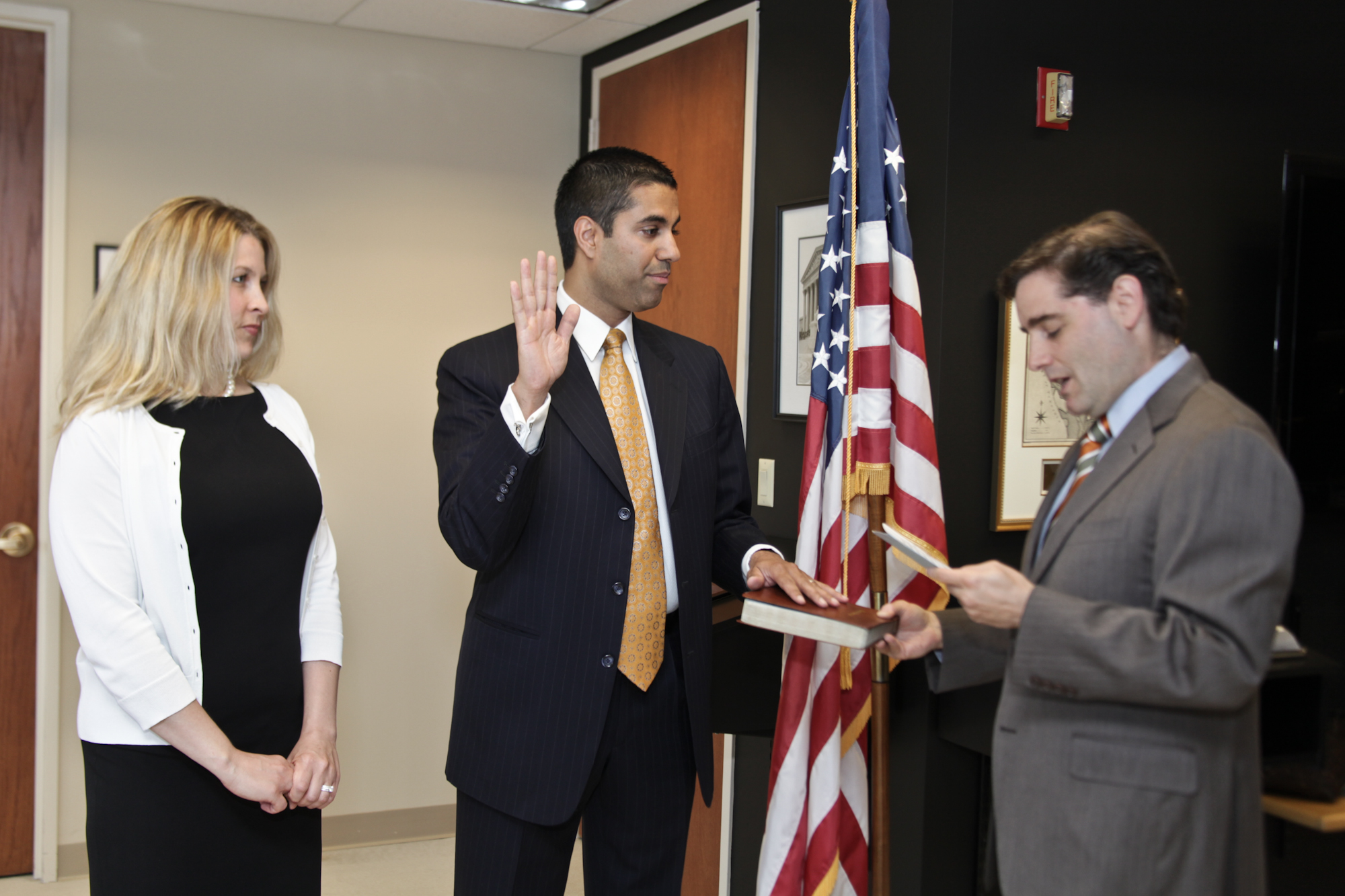What is net neutrality?
Net neutrality is a legislative shield for preventing digital discrimination. Regularly defended in the media, it ensures equal access to the internet for both citizens and companies. The topic features prominently in a report on the state of the internet published on May 30 by Arcep (the French telecommunications and postal regulatory body). Marc Bourreau, a researcher at Télécom ParisTech, outlines the basics of net neutrality. He explains what it encompasses, the major threats it is facing, and the underlying economic issues.
How is net neutrality defined?
Marc Bourreau: Net neutrality refers to the rules requiring internet service providers (ISPs)to treat all data packets in the same manner. It aims to prevent discrimination by the network in terms of content, service, the application or identity of the source of traffic. By content, I mean all the packets included in the IP. This includes the internet, along with social media, news sites, streaming or games platforms, as well as other services such as e-mail.
If it is not respected, in what way may discrimination take place?
MB: An iconic example of discrimination occurred in the United States. An operator was offering a VoIP service similar to Skype. It had decided to block all competing services, including Skype in particular. In concrete terms, this means that customers could not make calls with an application other than the one offered by their operator. To give an equivalent, this would be like a French operator with an on-demand video service, such as Orange, deciding to block Netflix for its customers.
Net neutrality is often discussed in the news. Why is that?
MB: It is the subject of a long legal and political battle in the United States. In 2005, the American Federal Communications Commission (FCC), the regulator for telecoms, the internet and the media, determined that internet access no longer fell within the field of telecommunications from a legal standpoint. The FCC determined that it belonged rather to information services, which led to major consequences. In the name of freedom of information, the FCC had little power to regulate, therefore giving the operators greater flexibility. In 2015, the Obama administration decided to place internet access in the telecommunications category once again. The regulatory power of the FCC was therefore restored and it established three major rules in February 2015.
What are these rules?
MB: An ISP cannot block traffic except in the case of objective traffic management reasons — such as ensuring network security. An ISP cannot degrade a competitor’s service. And an ISP cannot offer pay-to-use fast lanes to access better traffic. In other words, they cannot create an internet highway. The new Trump administration has put net neutrality back in the public eye with the president’s announcement that he intends to roll back these rules. The new director of the FCC, Ajit Pai, appointed by Trump in January, has announced that he intends to reclassify internet service as belonging to the information services category.
Is net neutrality debated to the same extent in Europe?
MB: The European regulation for an open internet, adopted in November 2015, has been in force since April 30, 2016. This regulation establishes the same three rules, with a minor difference in the third rule focusing on internet highways. It uses stricter wording, thereby prohibiting any sort of discrimination. In other words, even if an operator wanted to set up a free internet highway, it could not do so.
Could the threats to net neutrality in the United States have repercussions in Europe?
MB: Not from a legislative point of view. But there could be some indirect consequences. Let’s take a hypothetical case: if American operators introduced internet highways, or charged customers for services to benefit from fast lanes, the major platforms could subscribe to these services. If Netflix had to pay for better access to networks within the United States territory, it could also raise its prices for its subscriptions to offset this cost. And that could indirectly affect European consumers.
The issue of net neutrality seems to more widely debated in the United States than in Europe. How can this be explained?
MB: Here in Europe, net neutrality is less of a problem than it is in the United States and it is often said that it is because there is greater competition in the internet access market in Europe. I have worked on this topic with a colleague, Romain Lestage. We analyzed the impact of competition on telecoms operators’ temptation to charge content producers. The findings revealed that as market competition increases, operators obviously earn less from consumers and are therefore more likely to make attempts to charge content producers. The greater the competition, the stronger the temptation to deviate from net neutrality.
Do certain digital technologies pose a threat to net neutrality in Europe?
MB: 5G will raise questions about the relevance of the European legislation, especially in terms of net neutrality. It was designed as technology which could provide services with very different degrees of quality. Some will be very sensitive to server response time, and others to speed. Between communications for connected devices and ultra-HD streaming, the needs are very different. This calls for creating different qualities of network service, which is, in theory, contradictory to net neutrality. Telecoms operators in Europe are using this as an argument for reviewing the regulation, in addition to ensuring that this will lead to increased investments in the sector.
Does net neutrality block investments?
MB: We studied this question with colleagues from the Innovation and Regulation of Digital Services Chair. Our research showed that without net neutrality regulation, fast lanes — internet highways— would lead to an increase in revenue for operators, which they would reinvest in network traffic management to improve service quality. Content providers who subscribe to fast lanes would benefit by offering users higher-quality content. However, these studies also showed that deregulation would lead to the degradation of free traffic lanes, to incite content providers to subscribe to the pay-to-use lanes. Net neutrality legislation is therefore crucial to limiting discrimination against content providers, and consequently, against consumers as well.




Leave a Reply
Want to join the discussion?Feel free to contribute!